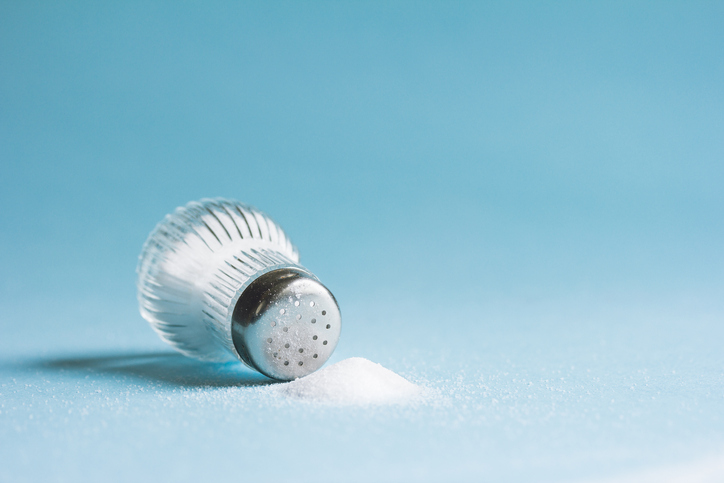
‘Salt of my life’
Learn the key points of the cardiovascular health guide, prepared by Dr. Valentín Fuster
Salt can be part of our diet, but only if consumption is controlled to avoid any excess, which could be detrimental to our health. Excessive salt intake can affect kidney function and force the heart to work harder.
This article summarises Salt of my life, published by Procnic Foundation (which Inditex is part of), a guide which includes the recommendations of the cardiologist and Director General of CNIC, Valentín Fuster, on consumption of salt in food, with the goal of reducing cardiovascular disease and improving general well-being.
How to reduce salt intake
– More vegetables: eat more fresh foods (fruit, vegetables). Most fresh foods do not have any salt, although some have naturally occurring sodium, such as shellfish and some types of offal (liver and kidneys).
– Less processed food: reduce your intake of processed or manufactured products (crisps, deli meats, chicken wings, frozen ready meals, instant soups, etc.). Most of the salt we eat comes from these processed foods.
– Add salt after cooking: do not add salt during preparation and cooking, but once the dish is ready and you have tasted it.
– Try other condiments: replace salt with other spices and aromatic herbs that give your dishes flavour, such as pepper, turmeric, cumin or ginger.
– Remove the excess: wash canned vegetables and pulses before eating them.
– Eating out: in restaurants, order your dish with less salt. And if you choose a sauce, ask for it to be served separately. This means you can eat just the amount you want, and avoid any excess salt.
– Difference between salt and sodium: food labels show grams of sodium. Multiply by 2.5 to know their salt content.
– Check for ‘hidden’ salt: 1.25 g per 100 g in a product means ‘a lot of salt’, while 0.25 g per 100 g means ‘little salt’.
Remember that the World Health Organization recommends a maximum intake of 5 grams of salt per day, the equivalent to a teaspoonful.
This post is also available in: Portuguese (Portugal)
